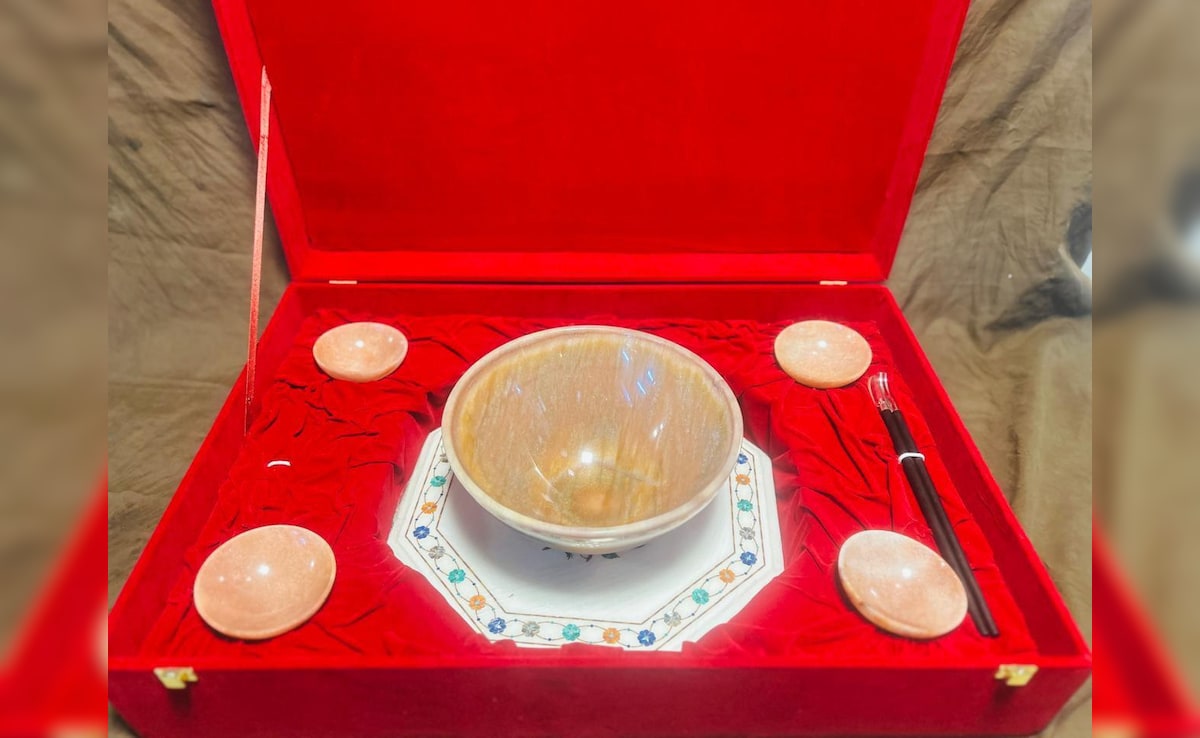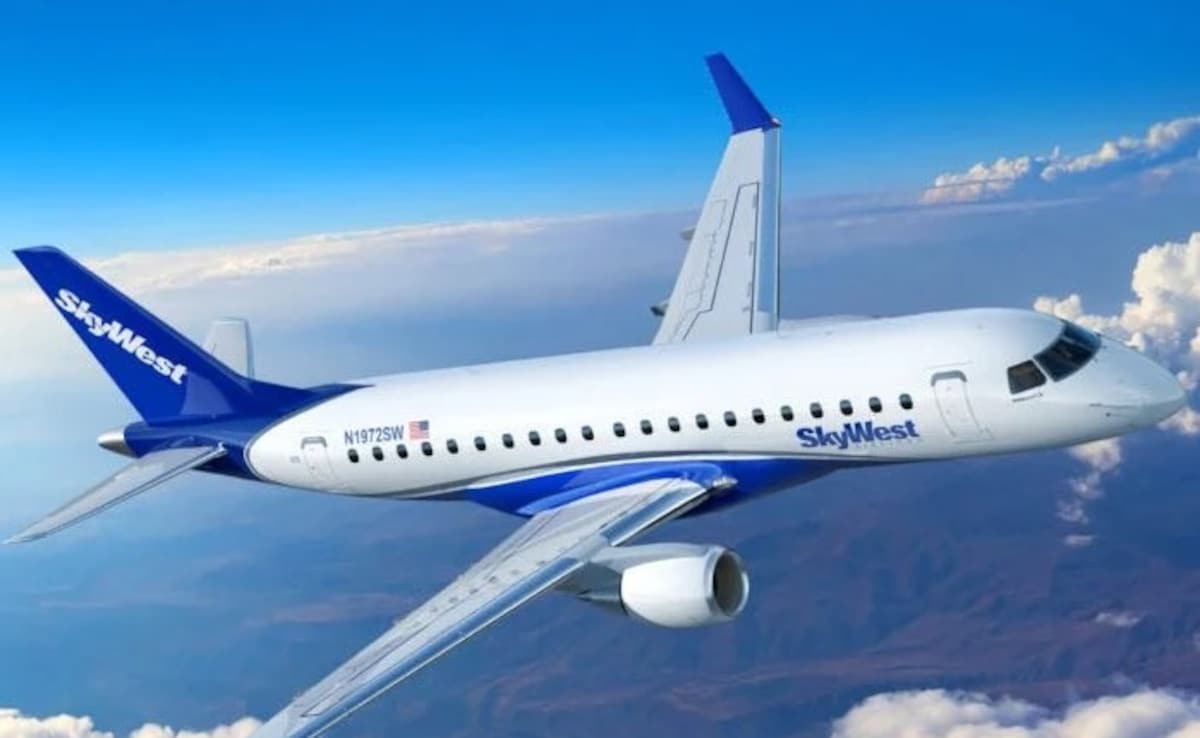âMy life savings are gone,â said Nanette Tutua, who watched as her timber factory went up in flames on Thursday. Her 30 employees were now out of jobs, and some, who lived inside the factory, were out of a home.âMy factory was razed to the ground,â the 56-year-old said. âToday, Iâm just a beggar on the streets.â
The civil unrest in this corner of the South Pacific has its roots in wider geopolitical tensions. The Solomon Islands, which sit in a strategic but politically volatile part of the world, switched allegiance from Taiwan to China in 2019, underlining Beijingâs expanding influence in a region traditionally dominated by the United States and Australia. The diplomatic U-turn angered many in this archipelago, and combined with longstanding local grievances to boil over into violence this week.
âIt still hasnât settled,â said local journalist Georgina Kekea. She said police in riot gear had struggled to disperse a large, angry crowd gathered outside the home of embattled Prime Minister Manasseh Sogavare, and that a structure near the home had been set on fire. Police fired warning shots and tear gas to disperse them, Agence France-Presse reported.
Those who had not joined in the looting were at risk of going hungry, Kekea said.
âShops have been looted, ATMs have been smashed, the bank has been burned,â she said, adding that many families now had no access to money or food. âPeople just want the demonstrations or whatever is happening to stop.â
Many residents hoped the overnight arrival of two dozen Australian federal police officers â the tip of a 120-strong force aimed at quelling the unrest â would end a surge of violence in which rioters torched dozens of buildings, including Chinese-owned shops and part of the national Parliament complex.
As residents took to the streets on Friday morning, however, there was not yet any sign of the Australian peacekeepers, Kekea said. Rioting continued in the center and east of the city.
The violence had begun on Wednesday after hundreds of protesters gathered in front of the national Parliament building to demand Sogavare step down. Some demonstrators then set fire to a grass hut next to Parliament before torching a police station and several buildings in Chinatown.
The rioting continued on Thursday, as much of Chinatown went up in flames. On Thursday afternoon, Sogavare called his Australian counterpart to ask for help, and Scott Morrison announced he was sending about 80 Australian Federal Police officers and more than 40 military personnel.
Many of the protesters came to Honiara, on the island of Guadalcanal, from Malaita, the most populous island in the archipelagic nation, about 1,000 miles northeast of Australia.
Tensions have simmered between the two islands since the national government recognized China at the expense of Taiwan two years ago, a move opposed by Malaitaâs premier, Daniel Suidani, who claimed he had been offered a bribe to support the switch. Sogavare denied the accusation.
Suidani pledged Malaita would never engage with Beijing and terminated licenses of businesses owned by ethnic Chinese, drawing a rebuke from the national government.
Sogavare defended the diplomatic switch, even as he said the decision was the root cause of the unrest.
âThatâs the only issue,â he said in an interview with the Australian Broadcasting Corporation published Friday. âAnd unfortunately, it is influenced and encouraged by other powers.â
âThese very countries that are now influencing Malaita are the countries that donât want ties with the Peopleâs Republic of China and they are discouraging Solomon Islands to enter into diplomatic relationsâ with Beijing, Sogavare said in an apparent reference to Taiwan and the United States. âI donât want to name names, weâll leave it there, we know who they are.â
Opposition leader Matthew Wale denied Sogavareâs claim that he was one of the people behind the unrest and dismissed the idea that foreign powers were to blame.
âThe people in this country feel that the democratic processes are not working for them, that their own government is the puppet of China,â he told the ABC.
Much of the violence has targeted Honiaraâs Chinatown, with dozens of buildings â many Chinese-owned â burned and looted.
âThere is basically nothing left there,â Kekea said shortly after visiting the neighborhood on Friday. âThere are only six buildings that are still standing, but otherwise most of the shops have been looted and burned.â
Chinese officials have said they are âseriously concernedâ about attacks on Chinese citizens and institutions.
Anthony Leong from the Pacific-China Friendship Association said some of the organizationâs members in Honiara had âgone to ground.â
âThings are in chaos right now,â he said in an email.
The Global Times, a Chinese state-owned nationalist tabloid, reported that more than 100 shops owned by Chinese nationals had been destroyed, and that some store owners were âhiding in the hills.â
One of the few structures left unscorched in Chinatown was a building draped in Taiwanese flags.
When the protests began on Wednesday, Narissa Chang, a 28-year-old Taiwanese teacher at an international school about a mile from Chinatown, left work early, worried about violence in the area. Chang and her boyfriend draped Taiwanâs flag inside their car to distinguish themselves from Chinese nationals.
âMany locals came up to us to tell us to turn around and leave as soon as possible,â she said. âAll the shops were shut down. We saw police but not a single Chinese person on the street.â
Chang and her boyfriend hid at a friendâs place for a little more than two hours before another friend picked them up in a car with tinted windows and drove them home. Holed up at home on Friday, they could see fires as rioters burned cars and shops, targeting Western as well as Chinese businesses. Chang said many of her students who live in Chinatown had seen their parentsâ businesses, such as import and export outfits, burned.
âI didnât dare to even take photos on my phone. It was too dangerous,â Chang said.
The riots reminded some older Honiara residents of one of the countryâs darkest periods, when ethnic violence claimed around 200 lives from 1998 to 2003 before Australian peacekeepers intervened, Kekea said.
âBut most of the crowd that are doing the looting, they werenât even born or were babies during the ethnic tensions,â she said.
By Friday evening, Australian federal police officers had begun to appear around town, dressed in black fatigues and carrying machine guns. A police helicopter â not seen since Australian peacekeepers were last in Honiara â hovered overhead.
Charley Piringi, a local journalist, hoped the Australians would restore order.
âUnlike yesterday, when the [local] police were nowhere to be found,â he said. âThey just let people loot and put fire to buildings.â
Alicia Chen in Taipei, Taiwan, contributed to this report.
.png)











 English (United States) ·
English (United States) ·  Turkish (Turkey) ·
Turkish (Turkey) ·